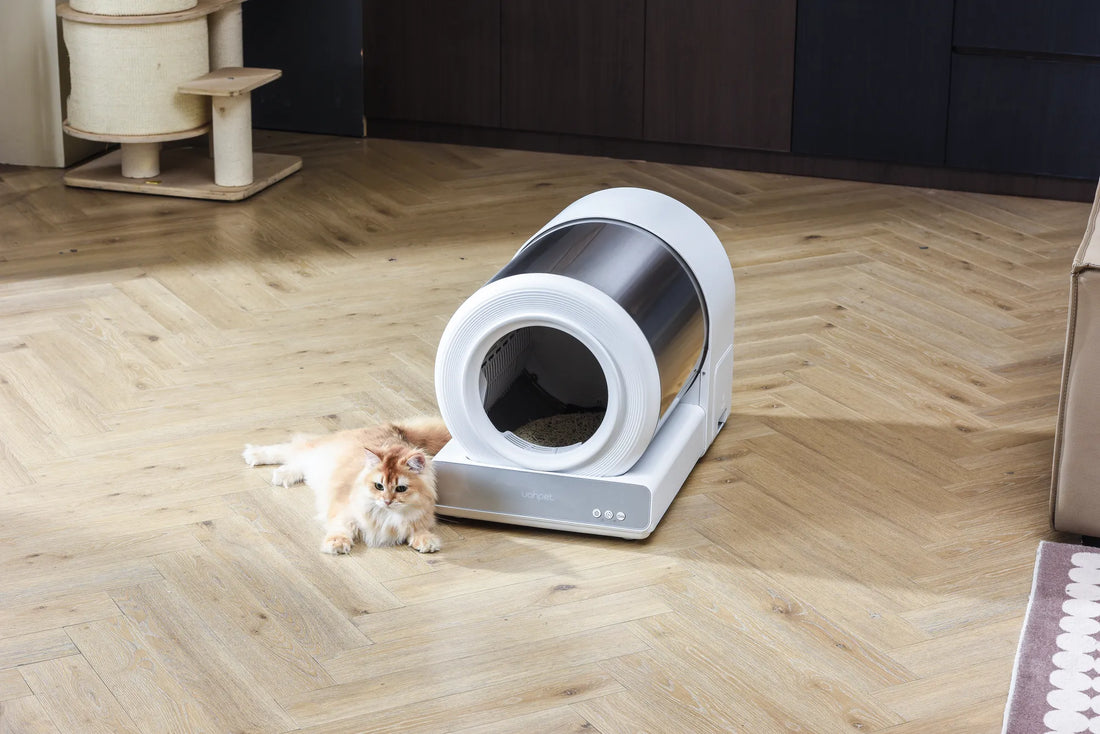If your male cat is peeing outside the litter box but acting normal, you're likely feeling both confused and frustrated. This behavior can be puzzling, especially when your feline companion seems perfectly healthy and happy otherwise. However, this issue is more common than you might think, and understanding the underlying causes is the first step toward resolving it. In this article, we’ll explore the possible reasons behind this behavior, provide actionable solutions, and help you restore harmony in your home.
Understanding the Behavior
When a male cat starts peeing outside the litter box, it’s essential to consider both medical and behavioral factors. While acting normal might suggest there’s no immediate health concern, subtle issues could still be at play. Cats are creatures of habit, and any deviation from their routine can signal an underlying problem. Let’s delve into the potential causes of this behavior.
Medical Causes to Consider
Even if your cat appears healthy, certain medical conditions could lead to inappropriate urination. One of the most common issues in male cats is urinary tract infections (UTIs). These infections can cause discomfort, making your cat associate the litter box with pain and avoid it altogether. Other conditions, such as bladder stones or kidney disease, can also lead to similar behavior. It’s crucial to consult a veterinarian to rule out these possibilities.
Behavioral Triggers
If medical issues are ruled out, behavioral factors might be the culprit. Stress, anxiety, or changes in the household can significantly impact your cat’s litter box habits. For example, introducing a new pet, moving to a new home, or even rearranging furniture can disrupt your cat’s sense of security. Additionally, territorial marking is a common behavior in male cats, especially if they feel threatened by other animals or changes in their environment.
Litter Box Preferences
Cats are notoriously particular about their litter boxes. If the box is too small, too dirty, or in an inconvenient location, your cat might choose to pee elsewhere. The type of litter used can also play a role; some cats prefer certain textures or scents over others. Ensuring the litter box meets your cat’s preferences is a simple yet effective way to address this issue.
Environmental Factors
Your cat’s environment plays a significant role in their behavior. A cluttered or noisy area around the litter box can deter your cat from using it. Similarly, if the box is placed near their food or water, they might avoid it due to instinctual aversion. Creating a calm, accessible, and clean space for the litter box can encourage proper usage.
Solutions to Try
Addressing inappropriate urination requires a combination of medical evaluation and behavioral adjustments. Start by scheduling a vet visit to rule out health issues. If your cat is healthy, consider the following steps:
- Provide multiple litter boxes in different locations.
- Experiment with different types of litter to find your cat’s preference.
- Clean the litter box daily and replace the litter regularly.
- Reduce stressors in the environment and provide a safe, quiet space for your cat.
- Use pheromone diffusers to promote calmness and reduce anxiety.
When to Seek Professional Help
If your efforts don’t yield results, it might be time to consult a professional. A veterinarian or a feline behaviorist can provide tailored advice and solutions based on your cat’s specific needs. They can also help identify subtle issues that might be contributing to the behavior.
Dealing with a male cat peeing outside the litter box can be challenging, but with patience and the right approach, you can resolve the issue. By understanding the potential causes and implementing effective solutions, you’ll not only improve your cat’s behavior but also strengthen your bond with your furry friend. Don’t let this problem linger—take action today and restore peace in your home!













